The healthcare sector is a complex and ever-evolving field that has undergone tumultuous change over the past two decades. A revolving door of healthcare policies and initiatives from successive Conservative governments, austerity measures, a global pandemic, NHS staff burnout and the rising cost of care have ultimately impacted healthcare delivery.
Subsequently, the next UK government will face tough health and social care decisions. Moreover, current issues in the UK health sector require immediate attention; it needs an unprecedented response to deal with the backlog of both physical and mental healthcare that COVID-19 caused and create a system of health and care that can tackle both the health inequalities and other issues within the healthcare industry that this article will outline.
What are the current issues within the healthcare sector?
Inequalities within healthcare are widening
Although crucial, healthcare quality depends on more than adequate funding and the system’s efficient functioning. The population’s health is also related to the circumstances in which they are born, grow up, reside, work, and age. Moreover, health is closely linked to inequalities in power, resources, and finances, known as social determinants of health.
Health inequalities are unfair differences in health between different groups in society that can be avoided. The unequal distribution of social determinants, such as education, housing, and employment, drives physical and mental health inequalities and, in turn, reduces an individual’s ability to prevent sickness or to act and access treatment when ill health occurs.
Ultimately, after a decade of controversial austerity measures and the effects of the COVID-19 pandemic, health inequalities in society have been further exposed. According to research, people in the UK are getting “sicker and poorer”, with widening health and wealth disparities between regions that are only getting worse. People living in more deprived areas of the UK tend to die earlier than people living in the least deprived areas and spend a more significant proportion of their lives in poor health. Furthermore, there is currently a gap of almost 20 years in how long a woman can expect to live in good health, depending on whether they live in England’s most or least deprived areas.
Rising demand for mental health care
Since the COVID-19 pandemic, poor mental health has risen sharply. Studies indicate that in the UK, one in four people will experience a mental health disorder each year.
However, inequalities in mental health mean that people of lower socioeconomic status are more likely to suffer poor mental health without access to the quality of care they need. Research shows that regions with income deprivation are more likely to have a range of health conditions, including serious mental illness and children and adults living in households in the lowest 20% income bracket in Great Britain are two to three times more likely to develop mental health problems.
To combat these disparities, the government has committed to a programme of Levelling Up to help left-behind areas and regions prosper like other parts of the country. An important aspect is levelling up health outcomes to narrow the health gap between regions while maintaining overall health. However, this political policy is currently under intense scrutiny. A new study has found that the UK government’s levelling up agenda looks set to fail in its mission to address societal inequalities unless it tackles the root causes of poor health.
The case for tackling health inequalities is clear and overwhelming yet attempts in recent decades have had varied success. With the next general election around the corner, healthcare policy choices made by the next government will ultimately shape the future of the nation’s health.
The patient care backlog
Tackling the NHS waiting list is a key priority for the government. However, according to the latest British Medical Association data, the waiting list to start elective (planned) care increased from 7.75 million in August 2023 to 7.77 million in September.
This backlog poses a significant challenge for an already strained healthcare system. It requires additional resources, including healthcare professionals, hospital beds, and equipment, to address the backlog and provide timely patient care. The backlog may also have long-term consequences for patients, as delays in treatment can lead to worsening health conditions and decreased quality of life.
Although rising, measures have been put in place in an attempt to work through the patient backlog. The UK government has committed to spend over £8 billion over three years to tackle the elective backlog from 2022 to 2025. In addition, the government has invested £5.9 billion in NHS capital to provide new beds, equipment, and technology.
Gain the skills and knowledge to excel as a transformational healthcare leader
Are you passionate about enabling the healthcare sector to perform at its best?
Gain specific management and leadership skills required for the effective management of health services with the University of Sunderland’s online MBA with Healthcare Management.
Whether you already work in the healthcare sector or are seeking to transition in healthcare services, our flexible course will grow you as a leader with the skills and abilities to shape and improve public health.
You’ll examine health and social care management and leadership at national and global levels, understanding the issues, trends and perspectives that impact decision-making and strategy. A range of varied modules will introduce you to topics including:
- healthcare
- organisational development
- financial management
- international trade
- global marketing
- organisational behaviour
- health leadership
- big data
- entrepreneurship.






